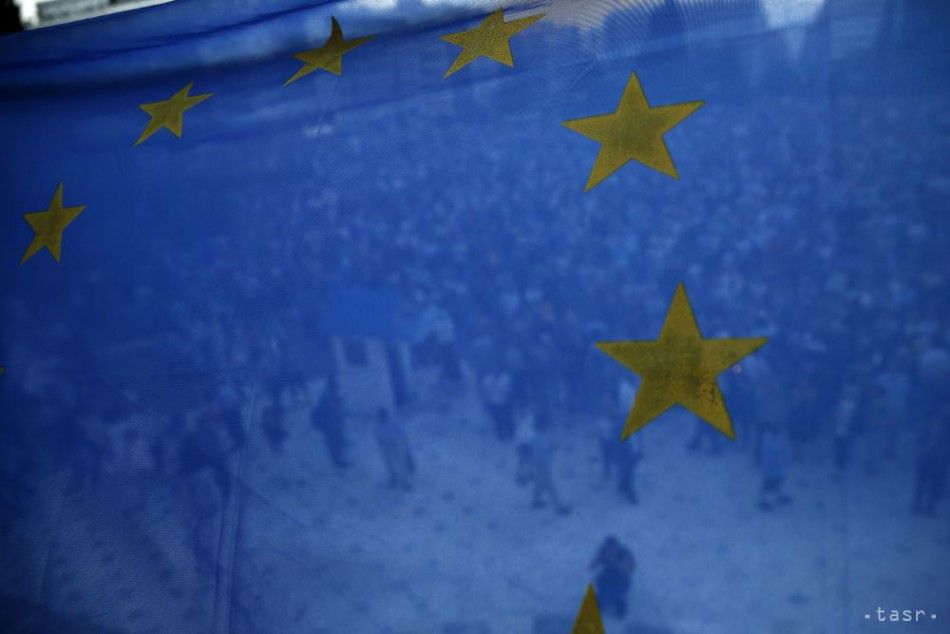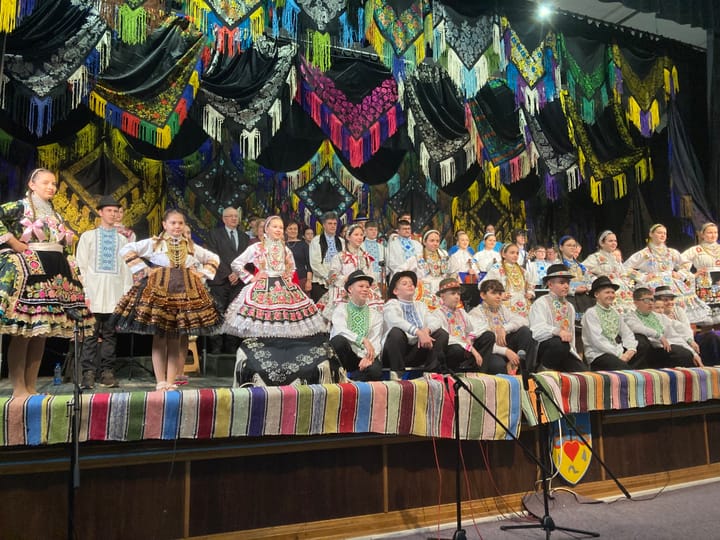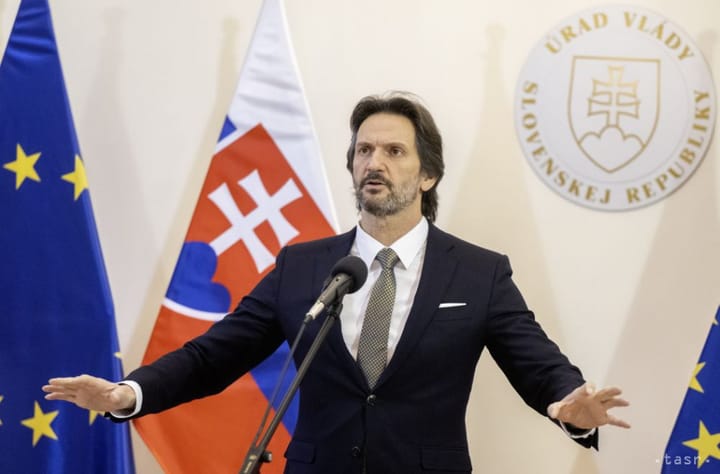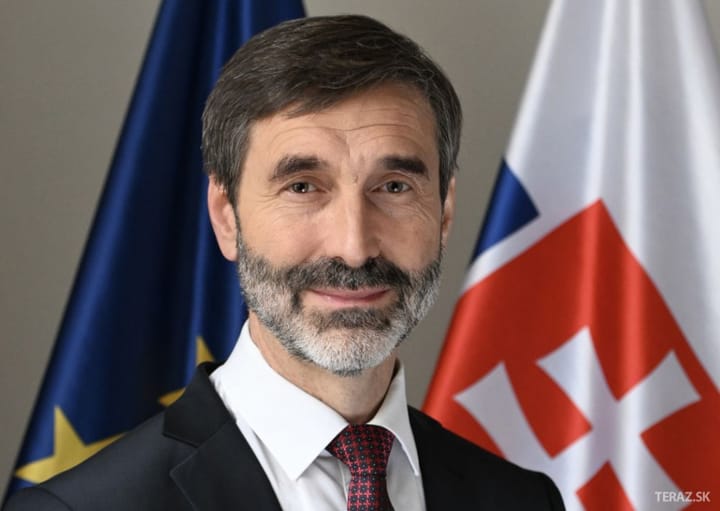Liebert: Citizens Need to be Shown Long-Term Perspective of CoFoE

Brussels, November 23 (TASR-correspondent) – The way to convince people of the importance of the Conference on the Future of Europe (CoFoE) is to “frame” it in a long-term perspective, claims Ulrike Liebert, Director of the Jean Monnet Centre for European Studies.
Belgian weekly The Brussels Times, which published an interview with Liebert on CoFoE, recalled that she is an expert engaged in citizens’ participation in the EU decision-making process. The co-author of “Democratising the EU from Below?” described CoFoE as an “unprecedented event in the development of European democracy” and an “experiment in citizens’ direct involvement in the EU’s policy-making”.
Liebert said that this ambitious transnational involvement of citizens in the EU policy-making needs to be welcomed, however, expectations regarding the outcome of the conference need to be fine-tuned. She noted that maybe most of the 450 million EU citizens have never heard of the Conference on the Future of Europe.
However, it is possible to enthuse people for the conference by framing it into a long-term perspective, said Liebert. “We, the citizens, as well as our political leaders, must show that we are ready to do whatever it takes for European democracy to enter a new era. “So that historians in the future can look back and view CoFoE as a breakthrough moment,” she explained.
After a one-year delay and quarrelling between the EU institutions, the conference was kicked off in June with the launch of its digital platform. The first citizens’ panels, working group meetings and the first CoFoE plenary session take place in the autumn.
“The very existence of the conference shows that after 70 years of a closed-door integration and agreements between national leaders, the EU is no longer able to face many challenges – from extremism and illiberalism to climate change,” stressed Liebert.
She also views is as important that the CoFoE is a good example of a mechanism by which direct democracy can complement – and not replace – representative democracy.
However, so far only 25,000 of the EU’s 450 million citizens have taken part in the conference, and the direct participation of citizens of Eu applicant countries has not been made possible, either.
There are concerns about how Europeans will understand the conference’s message and how they can measure its success. So far, only the European Parliament – in its July resolution called “Dialogue with Citizens and Citizens’ Participation in EU Decision-Making” – has clearly shown how European leaders can build on the CoFoE results and create permanent mechanisms for citizen participation.
According to The Brussels Times, similar commitments should be made by the European Commission and member state governments.



